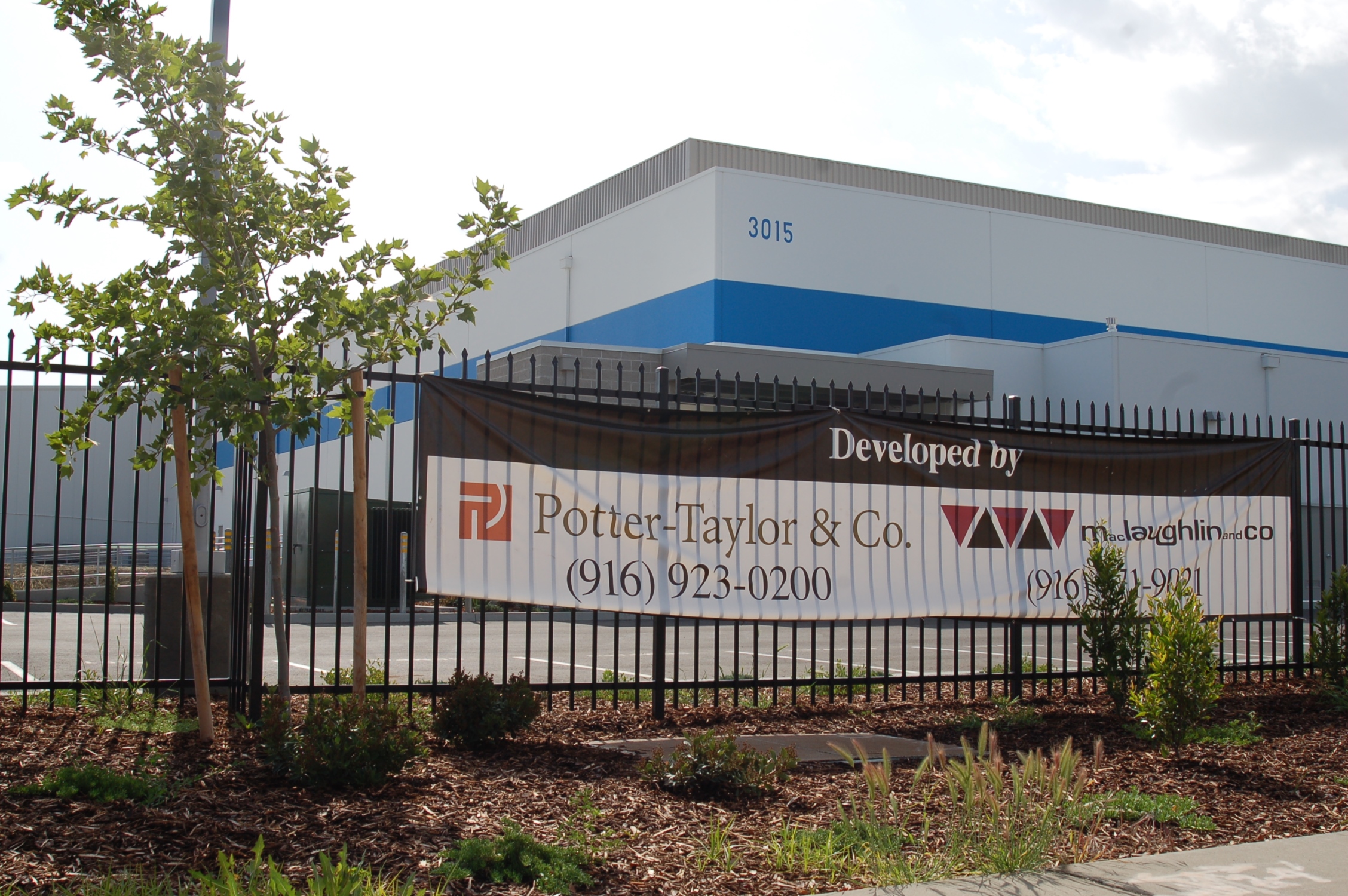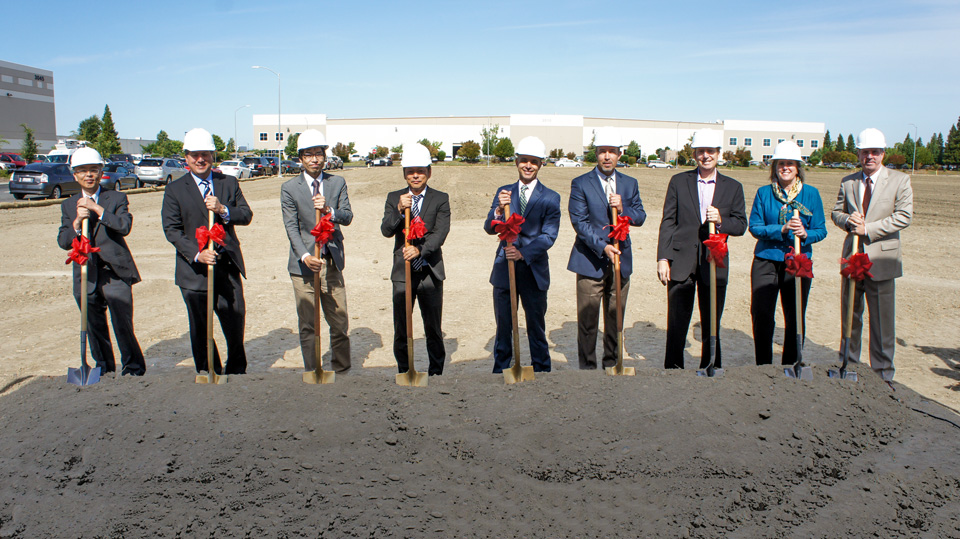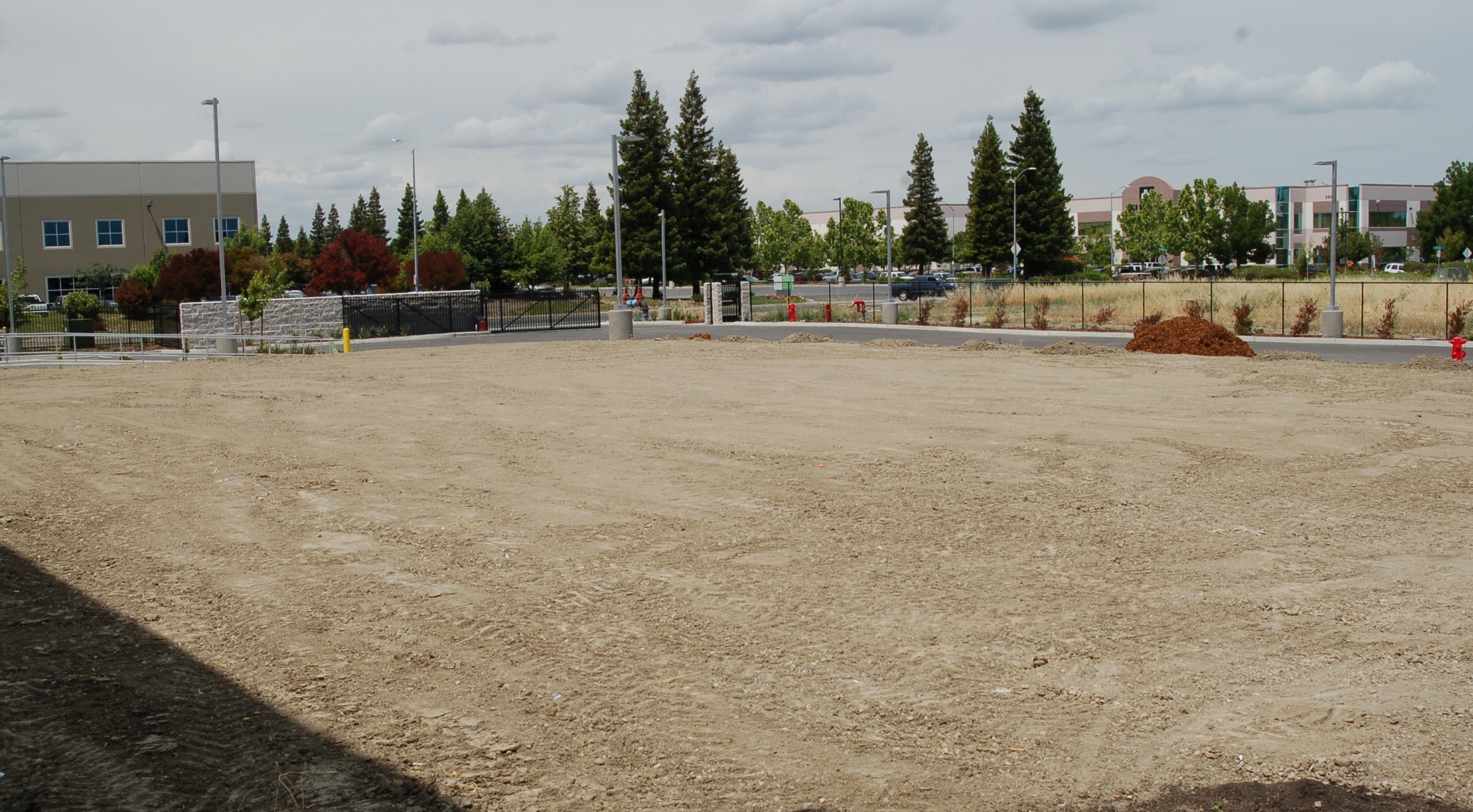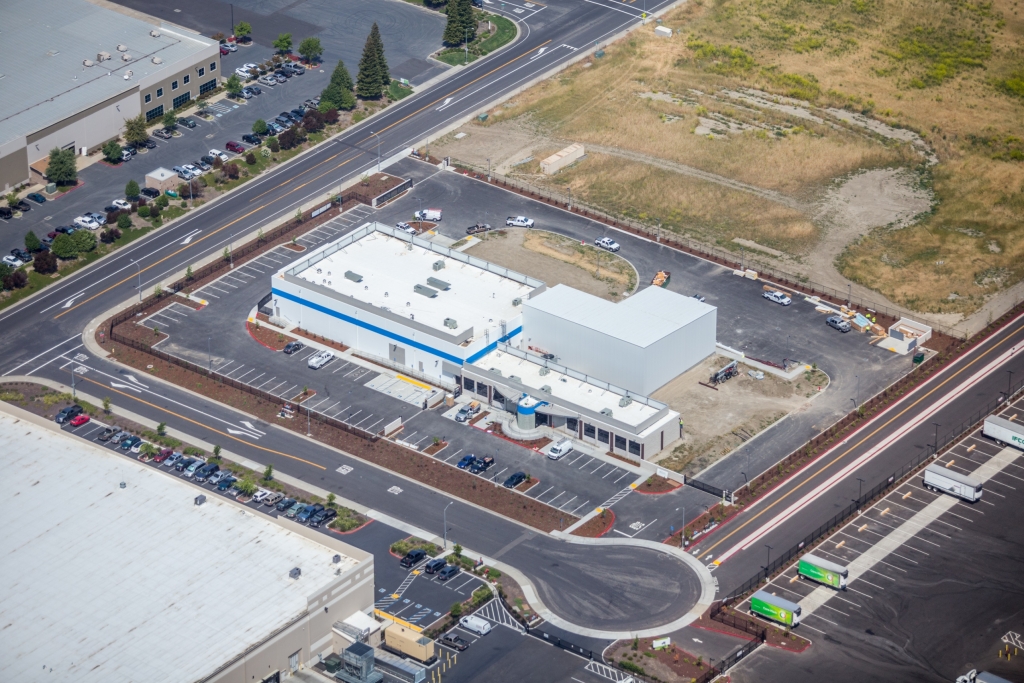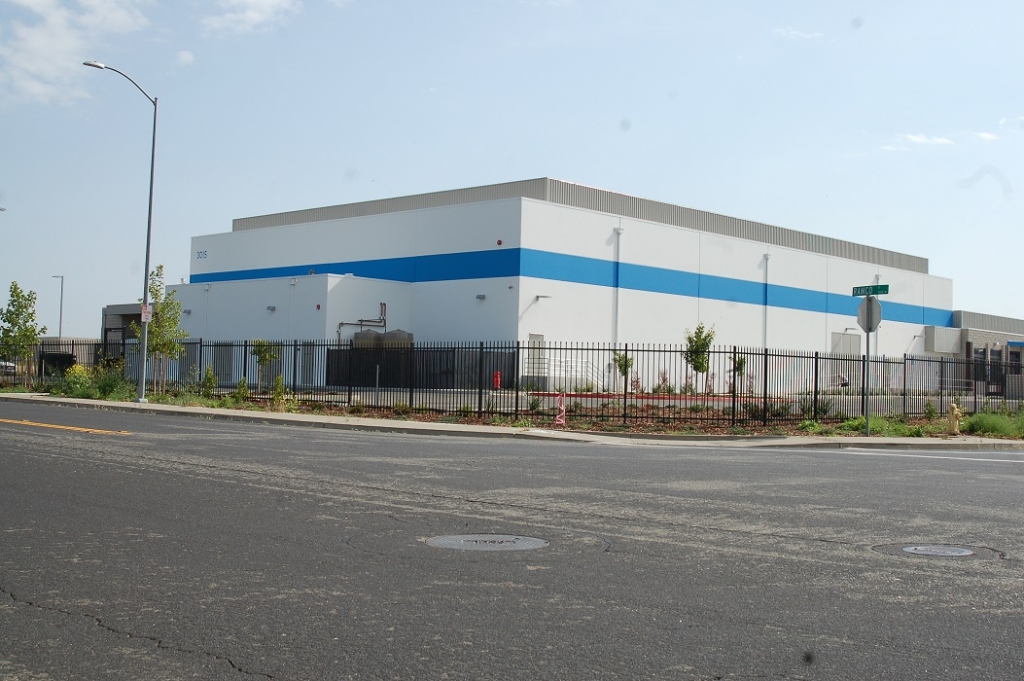MacLaughlin and Co. Collaborates on Development Project Bringing Shinmei to West Sacramento
When Shinmei Co. Ltd., one of Japan’s largest rice millers and distributors, announced that it would build a $10 million, 28,000-square-foot production plant in West Sacramento’s Southport Business Park, it was hailed as a solidifying move for the city in establishing itself as a global food industry hub.
Within a month of its doors opening, the new facility stands primed to do exactly that.
The Bun
The new facility will produce Shinmei’s “Rice Bun,” a rice product marketed as a gluten-free alternative to traditional burger buns and is a measured response to the growing trend among consumers towards non-GMO, gluten-free diet.
Shinmei, founded in 1950 out of Kobe, Japan, works in the wholesale and purchase of rice and grains. Their rice buns are already sold in markets across Australia, China, Indonesia, Thailand, Singapore and many more but look to bring their product into the U.S. market. The bun can be made from either brown or white rice, organic or non-organic and comes in a variety of creative flavors; some even have blueberries in them!
Development
Potter-Taylor & Co and MacLaughlin and Company jointly developed Shinmei USA’s first rice bun manufacturing facility on American soil. The facility is a 28,000 square foot manufacturing building for the production and distribution of gluten-free rice buns. The building sits on six acres and is designed to accommodate up to 43,000 square feet.
As a highly customized specialty building, it features sloped reinforced concrete floors with an interior drainage system, heavy power of 2,000 amps intricately distributed throughout the building to accommodate various kinds of rice washing, cooking and freezing equipment as well as an automated interior conveying system. The facility features a -20 degree freezer for the storage and distribution of the product. The building is fitted with state of the art equipment to ensure food safety for distribution across the US and worldwide.
The developers assembled a multi-national, multi-cultural design and construction team to complete the project. The design team was led by Miyamoto Structural Engineering, Mike Okamoto of MOA Architects, Chris Schulze of TSD Engineering, Christian Paul of Glumac Designers and Engineers, Eric Curtis of Alston Construction, General Contractors as well as numerous other local and Japanese sub-contractors.
The projected capacity of the plant is an ambitious output of 6,000 buns per hour, or 40 million buns per year which could quadruple in five years as they grow their company. As it stands, they expect to create up to 150 jobs upon launch of the cutting edge facility.
Why West Sacramento?
West Sacramento poses an intriguing opportunity for companies seeking strategic location. Businesses can produce and ship product easily in West Sacramento, especially out of the Southport business park.
The Port of West Sacramento and the Deep Sea Channel does not accommodate large container ships and as a result only ever carries machinery and agriculture with California rice acting as the major export. Considering that a significant portion of that rice is shipped to Japan, it makes sense that Shinmei would choose West Sacramento as their U.S. base of operations, cutting down on shipment costs by positioning themselves close to local rice growers.
“Our goal is to build relationships with the agricultural sector by collaborating with local rice farmers, integrating our Rice Bun product into the US market, and streamlining our entire process from the beginning to the end” said Mitsuzo Fujio, president of Shinmei U.S.A., hinting at a prolific production forecast.
Over the past couple years, Japan’s Nippon-Shokken, Norway’s Tomra Sorting Solutions and Germany’ Bayer Crop Science have joined local stalwarts Raley’s Family of Fine Stores, Nor-Cal Beverage and Tony’s Fine Foods in fleshing out the region’s identity as a destination for companies looking for strategic locations for food production in what is quickly becoming a global food industry hub.

